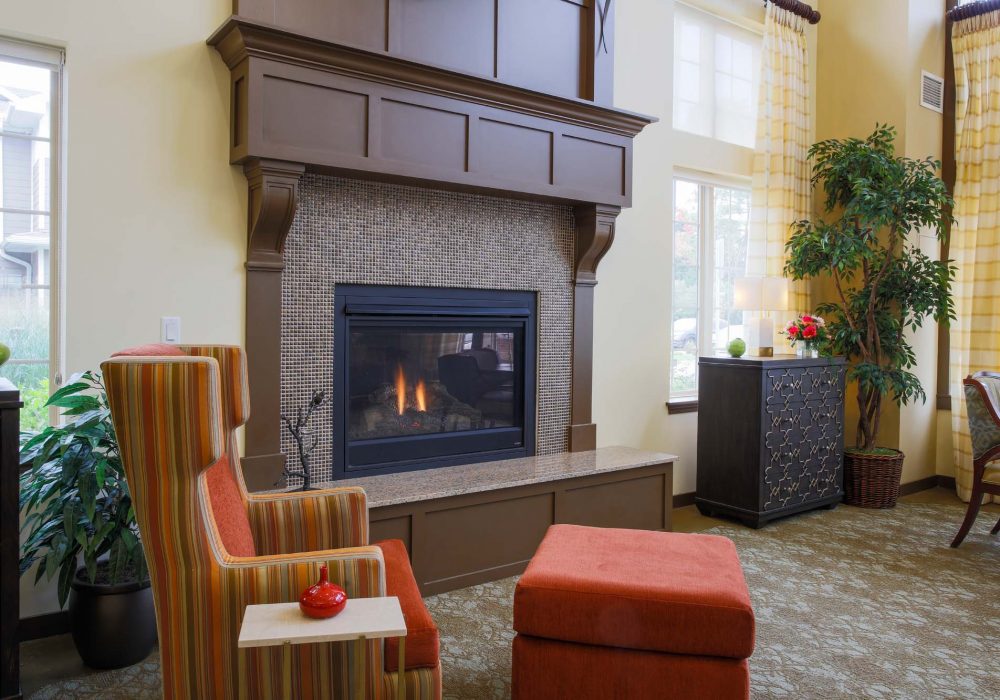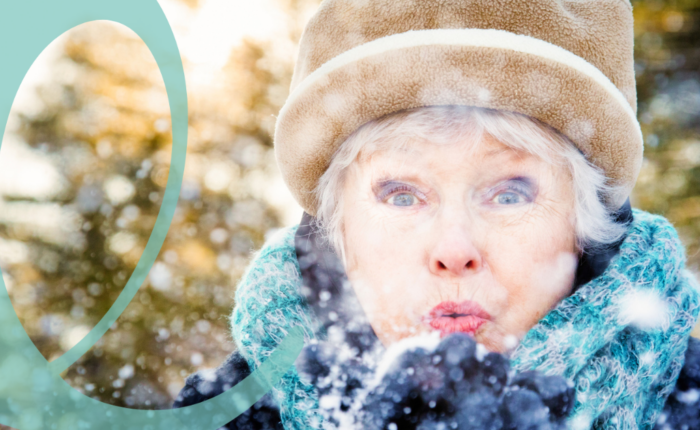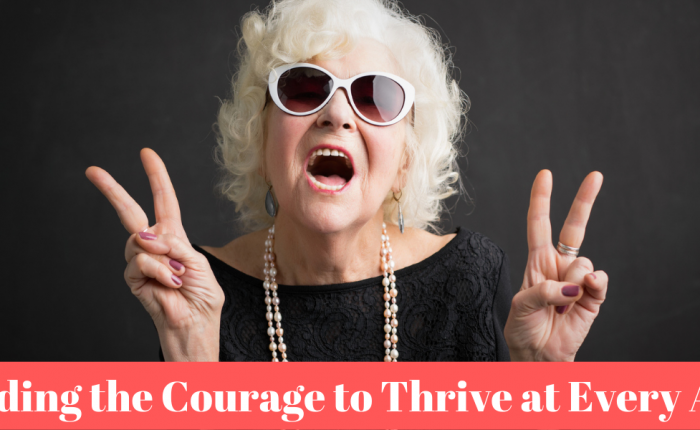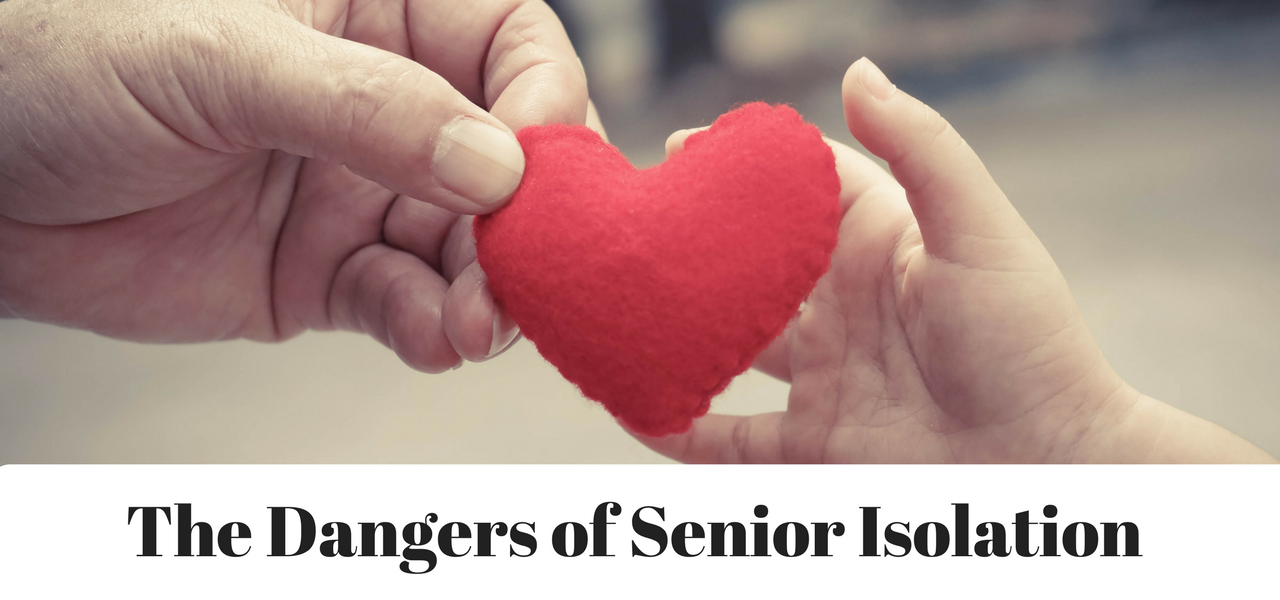
There’s no question that humans are social creatures and that today’s technological advances have made it easier than ever to connect with each other. A couple of taps on a smartphone and you can see the face of a loved one on the other side of the world. A quick email or text elicits an immediate response. We may be more connected, but studies show we lonelier than ever. Learn more about chronic loneliness in America and how it negatively affects the health of seniors.
Chronic Feelings of Loneliness on the Rise
John Cacioppo, the director of the University of Chicago’s Center for Cognitive and Social Neuroscience and author of Loneliness: Human Nature and the Need for Social Connection (W. W. Norton & Co., 2009) defines loneliness as the “perceived social isolation, or the discrepancy between what you want from your social relationships and your perception of those relationships.”
Chronic feelings of loneliness in America are on the rise. Studies completed in the 1970s and 1980s showed that 11% to 20% of Americans reported feelings of chronic loneliness. Those numbers skyrocketed to 40% – 45% in 2010. And, a more recent study of older adults found that 43% of America’s seniors reported feeling chronic feelings of loneliness.
The Hidden Risks of Loneliness and Isolation
The effects of loneliness and isolation are more harmful than you may think. They go beyond feelings of sadness and can lead to a real physical threat:
Experience Leisure Care Senior Living
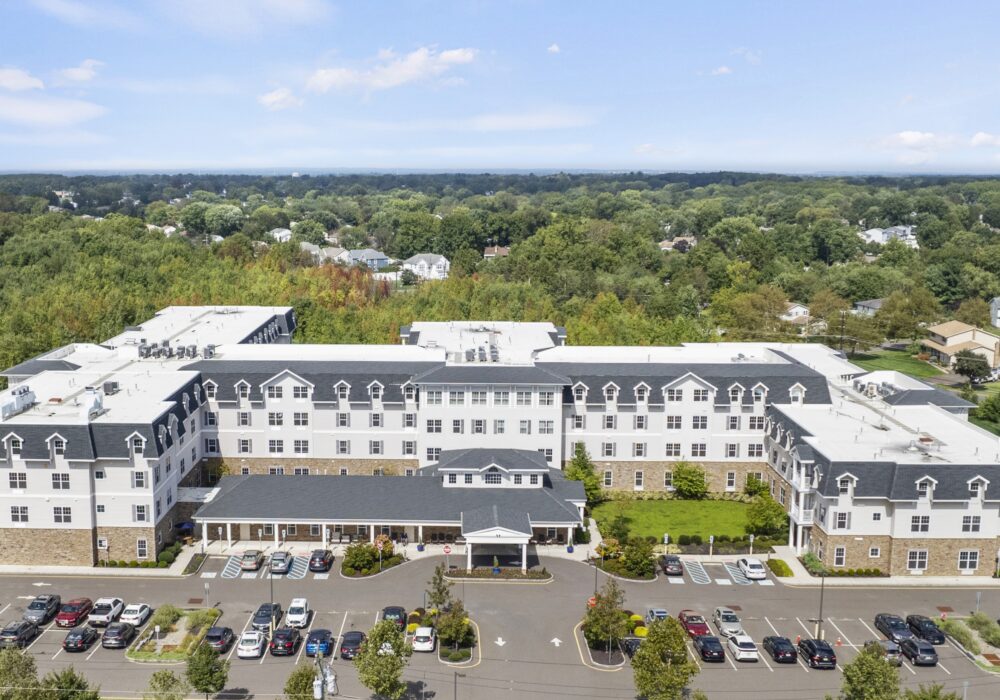
Azalea at Hamilton
Independent Living, Assisted Living, and Memory Care in Hamilton Township, New Jersey
- A study published in Perspective in Psychological Science found that feelings of loneliness can increase the risks of death by 26%.
- Social isolation and living alone were found to increase a person’s mortality rate by 29% and 32%, respectively.
- Feelings of loneliness and isolation can accelerate cognitive decline and result in poor cognitive ability.
- Social isolation can increase the risk of a senior being the victim of elder abuse.
- Loneliness is a major risk factor for depression and can increase symptoms of depression.
- There is a direct relationship between loneliness and high blood pressure.
- Loneliness has been linked to an increased likelihood in participating in risky behaviors including poor diet choices, smoking, and lack of exercise.
- Social isolation can put seniors at risk for improper medication management. 43% of socially isolated seniors reported little or no support from family and friends in managing their health.
How to Overcome Isolation
The good news is that social isolation among seniors is largely avoidable. These tips can help seniors feel more engaged in the world around them and help them overcome feelings of loneliness.
- Stay active. Finding an exercise buddy and having an attainable fitness goal can give seniors a sense of purpose and accountability. From swimming to fitness classes at a local gym, or just regular walks with a neighbor staying active is crucial to aging well and happily.
- Volunteer. Get involved with the larger community and spend time helping those less fortunate. Find a cause that is meaningful to you and your loved ones, form a team, or participate in a fundraiser. Volunteering is a great way for seniors to know they are needed and making meaningful contributions to the world around them.
- Move into a senior living community. If you suspect your loved one is socially isolated, living alone and feeling chronic loneliness, it may be time to consider a move to a senior community. Senior communities provide activity schedules, fitness classes, transportation, and other services that work together to help seniors cultivate a true sense of community and security.
There’s no doubt that senior isolation has a negative impact on seniors that can lead to risky behaviors, emotional distress, and even cause a physical threat to your loved one’s well-being. But, it doesn’t have to. Contact us today to tour a community and help your loved one feel as loved and appreciated as they truly are.
Find a Leisure Care Community
Better with age, exceptional with us! Come and see how Leisure Care communities are helping seniors rediscover (and sometimes reinvent) themselves.




